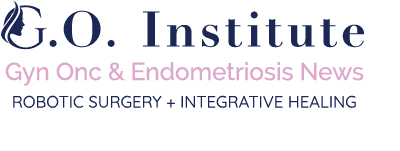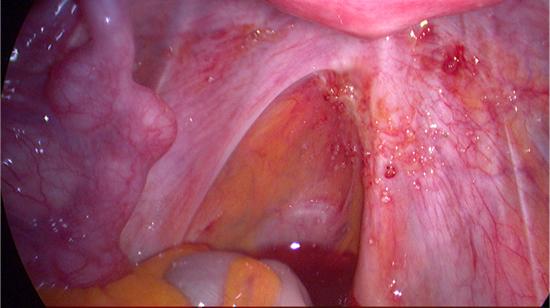The immune system, endometriosis, and scarring, or fibrogenesis. Endo is still a poorly understood disease. At our institute we are constantly looking for the most updated information regarding endometriosis therapy. This is an interesting article which we hope will help you understand at least this part of endometriosis treatment.
If this article seems to be relevant to your situation, please reach out to us and Dr. Steven Vasilev, our director. Since we are monitoring this research as it gets published, we can use it to help you beat endo and get your life back. Dr Steven Vasilev is a renowned robotic endometriosis excision expert, focusing on recurrent and advanced endometriosis excision.
Front Immunol. 2020 Dec 14;11:610963. doi: 10.3389/fimmu.2020.610963. eCollection 2020.
ABSTRACT
Endometriosis is a hormonal disease, as well as a chronic inflammatory disease. While various immune cells are documented to be involved in endometriosis, there is a wanton lack of a bigger picture on how these cells are coordinated to work concertedly. Since endometriotic lesions experience cyclical bleeding, they are fundamentally wounds that undergo repeated tissue injury and repair (ReTIAR). In this study, we attempted to characterize the role of platelets and regulatory T cells (Tregs) in modulating the lesional immune microenvironment and its subsequent effects on lesional progression and fibrogenesis. Through two mouse experiments, we show that, by disrupting predominantly a type 2 immune response in lesional microenvironment, both platelets and Tregs depletion decelerated lesional progression and fibrogenesis, likely through the suppression of the TGF-β1/Smad3 and PDGFR-β/PI3K/Akt signaling pathways. In particular, platelet depletion resulted in significantly reduced lesional expression of thymic stromal lymphopoietin (TSLP), leading to reduced aggregation of macrophages and alternatively activated (M2) macrophages, and of Tregs, T helper 2 (Th2) and Th17 cells but increased aggregation of Th1 cells, in lesions, which, in turn, yields retarded fibrogenesis. Similarly, Tregs depletion resulted in suppression of platelet aggregation, and reduced aggregation of M2 macrophages, Th2 and Th17 cells but increased aggregation of Th1 cells, in lesions. Thus, both platelet and Tregs depletion decelerated lesional progression and fibrogenesis by disrupting predominantly a type 2 immunity in lesional microenvironment. Taken together, this suggests that both platelets and Tregs may induce a type 2 immunity in lesional microenvironment that is conducive to lesional progression and fibrogenesis.
PMID:33381124 | PMC:PMC7767909 | DOI:10.3389/fimmu.2020.610963
Fengyi Xiao
TRANSLATION: We are getting closer to understanding the inflammatory and hormonal picture of endo. Endometriosis involves atypical immune and molecular responses and these can be influenced. Today, there are no targeted drugs or agents for this, but there are ways to naturally affect your immune and molecular response to reduce the inflammation. This is not a cure-all but can help as part of endo management, which usually requires expert surgery as well.
This book by Dr. Steven Vasilev MD can help women with ovarian cysts, masses and tumors of all types, including endometriosis and endometriomas. He is a world-renowned expert on this topic.
To discover more about endometriosis and our unique treatment approach, please READ THIS


